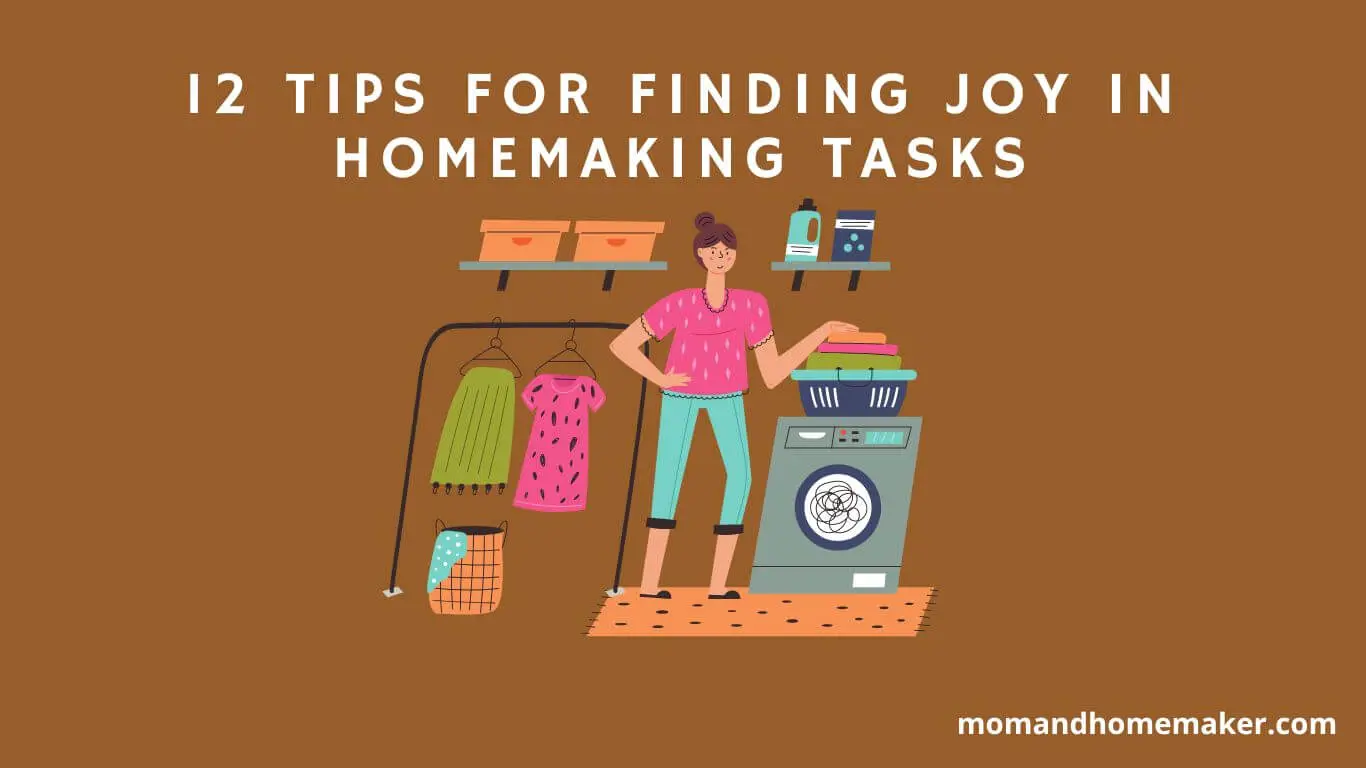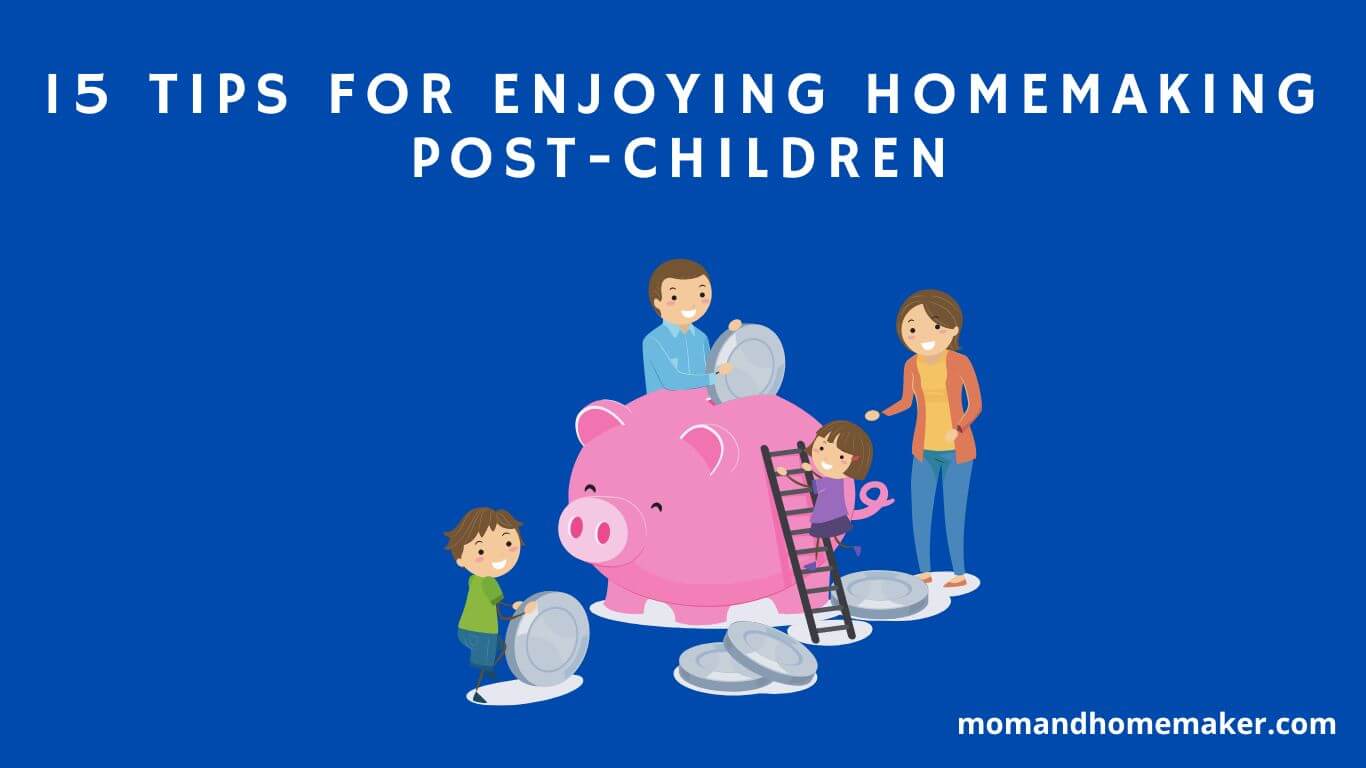Having a baby can leave you feeling physically drained, emotionally overwhelmed, and mentally scattered. The road to feeling like yourself again after childbirth can be tough, with unexpected challenges along the way.
But how long does it really take to emerge from the haze of postpartum experiences and rediscover your identity beyond being a parent?
Physical Recovery
Physical recovery after childbirth is a crucial process for your body to heal and regain strength. The timeframe for postpartum healing varies depending on factors like the delivery method and overall health.
Engaging in postpartum exercises can help speed up the recovery by gradually reintroducing physical activity. These exercises focus on strengthening core muscles that may have weakened during pregnancy.
During the recovery period, you may experience changes in your body, such as diastasis recti (abdominal muscle separation) and swelling in the perineal area.
While these changes are common, they can present physical challenges. It’s essential to consult healthcare providers to determine the best approach to manage these changes effectively.
Every individual’s recovery journey after childbirth is unique, so it’s important to listen to your body and not rush the process. Remember, taking care of yourself is crucial to ensure you can care for your newborn effectively.
Emotional Rollercoaster
Navigating the ups and downs of emotions after giving birth can be overwhelming, but understanding these feelings is crucial for your well-being. It’s common to experience a range of emotions during this time, and taking care of your mental health is just as important as your physical recovery.
Here are three key points to help you navigate this emotional journey:
- Coping Strategies: Using techniques like mindfulness, deep breathing, or journaling can help you manage overwhelming emotions and stress.
- Emotional Support: Reach out to your partner, family, friends, or a therapist for emotional support. Having someone to talk to can bring comfort and reassurance during this challenging time.
- Self-Reflection: Take moments for self-reflection to better understand your emotions. Reflecting on your feelings and experiences can help you identify triggers and develop healthier coping mechanisms.
Sleep Deprivation

Dealing with sleep deprivation after having a baby can be tough, but establishing a routine and seeking help can greatly improve your well-being. Parenting challenges often disrupt sleep patterns, leading to exhaustion and affecting your emotional health. Prioritizing self-care is essential during this new phase of life.
Start by creating a bedtime routine for your baby that promotes longer periods of sleep, allowing you to rest more effectively. You can also ask your partner, family, or friends for assistance with nighttime feedings or chores to give yourself a break. Taking short naps when your baby sleeps during the day can help you catch up on lost sleep.
Remember to stay hydrated, eat nutritious meals, and incorporate light exercise to boost your energy levels and mood. By focusing on self-care and seeking support, you can better manage sleep deprivation and enhance your overall well-being during this challenging yet rewarding time.
Hormonal Changes
Experiencing hormonal changes after giving birth can have a significant impact on both your physical and emotional well-being. These changes are a natural part of your body’s adjustment postpartum and can affect how you feel during this time.
Here are some important points to help you navigate through this phase:
- Hormonal Balance: Your hormones may fluctuate, which can influence your mood and energy levels. It’s important to practice patience as your body works to regain its balance.
- Emotional Well-being: Hormonal shifts may lead to feelings of sadness or anxiety. Seeking support from loved ones or a mental health professional can help you maintain emotional stability during this time.
- Physical Recovery: Hormones play a crucial role in your physical recovery after childbirth. Pay attention to your body’s signals and prioritize self-care to aid in the healing process.
Body Image Struggles
Body image struggles are common during the postpartum period when your body goes through changes. It’s important to accept your body and remember that beauty standards vary.
Your body has accomplished something amazing, so focus on your self-confidence journey and rediscovering your identity, rather than conforming to societal norms.
Here are some self-care tips to help you along the way:
- Nurture Your Body: Be kind to yourself by eating nourishing meals, engaging in gentle exercise, and getting enough rest.
- Positive Affirmations: Remind yourself daily of your worth and the beauty of your body’s journey.
- Support System: Surround yourself with people who uplift and encourage you to create a positive environment.
Bonding With Baby
Building a strong connection with your baby is vital for their well-being. Engage in activities like holding them close for skin-to-skin contact, talking, and singing to them. These interactions help create a sense of security and attachment.
Here are three simple ways to enhance bonding with your infant:
- Skin-to-Skin Contact: Holding your baby against your skin offers warmth and comfort while regulating their heartbeat and temperature. This physical closeness fosters a strong bond and a feeling of safety for your little one.
- Talking and Singing: Your voice is calming for your baby. Take moments throughout the day to talk or sing to them. Your words and melodies establish a familiar and reassuring environment, strengthening the connection between you and your newborn.
- Eye Contact: Making eye contact with your baby is a powerful form of communication. It helps them feel seen and understood, laying the groundwork for a deep and meaningful bond between you both.
Support System Importance

Establishing a strong support system is vital for navigating the ups and downs of postpartum recovery and ensuring your well-being. Connecting with other moms who understand your experiences can provide comfort and valuable advice. Family support plays a key role as well, with loved ones helping out with household tasks and caring for the baby to lighten your load.
Seeking professional support, like therapy or counseling, offers a safe space to express your emotions and get guidance on managing postpartum feelings.
Engaging with online communities can also expand your network of support and offer encouragement from others who’ve been there. Enrolling in parenting classes is another way to gain knowledge about caring for your infant and connect with fellow new parents in a supportive setting.
Self-Care Practices
Implementing self-care practices is crucial for prioritizing your physical and mental well-being during the postpartum period. Taking care of yourself not only benefits you but also positively impacts your ability to care for your newborn. Here are three essential self-care practices to help you navigate this challenging yet rewarding time:
- Time Management: Make sure to set aside specific time each day for self-care activities. Whether it’s a short walk, a warm bath, or a moment of quiet reflection, managing your time effectively ensures that you prioritize yourself amidst the demands of motherhood.
- Stress Relief: Incorporate stress-relieving activities into your daily routine. This could include deep breathing exercises, meditation, or engaging in a hobby you enjoy. Managing stress is crucial for maintaining your overall well-being.
- Self-Care Routines: Establish self-care routines that cater to your needs. Whether it’s skincare, reading a book, or connecting with friends, having consistent self-care practices in place can help you feel rejuvenated and more like yourself.
Returning to Routine

Adjusting to life with a new baby involves reestablishing your daily routines to bring structure and stability during this time of change. Creating consistent feeding and sleeping schedules for both you and your baby can help establish a predictable flow to your days.
Effective time management becomes essential as you balance caring for your little one, managing household tasks, and possibly work responsibilities. Prioritizing tasks, delegating when possible, and using tools like to-do lists or apps can help you stay organized.
Self-care is crucial during this adjustment period. Remember to take time for yourself, whether it’s going for a short walk, enjoying a relaxing bath, or simply resting when your baby sleeps.
Finding a balance between caring for your baby and addressing your own needs is vital for your well-being. This phase can also be a time of personal growth as you navigate the challenges and joys of motherhood, so be patient with yourself and allow room for learning and development.
Postpartum Depression Signs
Recognizing signs of postpartum depression is crucial for new mothers as they adjust to life with a new baby. It’s important to pay attention to your mental health during this time. Here are some key points to keep in mind:
- Early Recognition: Identifying symptoms early can help in getting timely treatment, benefiting both you and your baby.
- Addressing Stigma: While there may be societal stigma around postpartum depression, seeking help is a sign of strength, not weakness.
- Seeking Support: Don’t hesitate to reach out to healthcare providers, therapists, or support groups if you’re experiencing postpartum depression symptoms. Remember, you don’t have to face this alone.
Impact of Breastfeeding

Breastfeeding plays a significant role in the recovery process after childbirth, impacting both the physical and emotional well-being of the mother. It’s crucial to ensure an ample milk supply to support the baby’s growth.
Some mothers may encounter challenges like latching issues or low milk production, but seeking help from lactation consultants or support groups can provide assistance.
Breastfeeding fosters bonding with the baby, supplies essential nutrients, and may reduce the risk of illnesses for both mother and child. Gradual weaning can facilitate a smooth transition for both parties.
Partner Relationship Shifts
Transitioning to a new phase in your relationship after welcoming a baby requires patience and effective communication. Many new parents encounter challenges as they adapt to their changed roles. Here are some important points to consider:
- Communication: The arrival of a baby can strain communication between partners. Actively listening and openly expressing thoughts and feelings are crucial during this time.
- Time management: Balancing the needs of a newborn can leave little time for nurturing your relationship. Even brief moments of connection can significantly help in maintaining your bond.
- Personal identity: It’s common to feel overwhelmed by your new role as a parent. Remember to set aside time for yourself and your partner to maintain a sense of identity beyond being parents.
Approaching these changes with understanding, patience, and a commitment to open dialogue can strengthen your relationship during this transformative period.
Finding Time for Yourself

Struggling to find time for yourself while taking care of your newborn? Making time for self-care is essential for your well-being. It might seem like a luxury right now, but with good time management, you can make it happen.
Here are some tips to help you balance caring for your baby and taking care of yourself:
| Tip 1: Schedule It In | Tip 2: Enlist Support |
|---|---|
| Set aside specific time for yourself, even if it’s just 15 minutes a day. | Don’t hesitate to ask your partner, family, or friends for help with the baby so you can take a break. |
| Tip 3: Multitask Wisely | Tip 4: Create a Relaxing Space |
| Try combining activities, like listening to a podcast while feeding the baby. | Create a cozy corner in your home where you can relax, read, meditate, or simply unwind. |
Mental Health Awareness
Taking care of your mental health is crucial as a new parent. It’s normal to experience a wide range of emotions during this period of adjustment, and it’s essential to prioritize your well-being.
Here are some important points to keep in mind:
- Recognizing Stigma: Acknowledge that there may be societal pressure or stigma surrounding mental health challenges for new parents. Remember that seeking help is a sign of strength, not weakness.
- Seeking Support: Don’t hesitate to reach out to a healthcare provider, therapist, or counselor if you’re feeling overwhelmed or struggling with your mental health. Getting professional help can significantly impact how you navigate this new phase of your life.
- Exploring Coping Strategies: Try out different coping mechanisms that resonate with you, such as mindfulness practices, exercise, journaling, or connecting with a supportive community. Discovering healthy ways to manage stress and prioritize self-care is key to maintaining your mental well-being.
Setting Realistic Expectations

As you prepare for the journey of parenthood, it’s important to set realistic expectations to support your mental well-being and adjustment. Managing your time effectively becomes crucial as you navigate the new responsibilities that come with having a baby. Prioritizing self-care isn’t selfish; it’s necessary for your physical and emotional health.
It’s natural to experience a shift in identity as you embrace your role as a parent, allowing room for personal growth. Practice patience with yourself, understanding that it takes time to adapt to the changes parenthood brings. Be gentle with yourself during this transition period, and remember that progress happens in small steps.
Celebrating Small Wins
Recognizing and appreciating the significance of acknowledging small victories is crucial as you navigate the journey of recovery postpartum. Celebrating these milestones can bring joy and purpose amidst the challenges you may encounter.
Here are some ways to embrace and celebrate those small wins:
- Mindful Moments: Take a few minutes each day to focus on the present, whether it’s enjoying a cup of tea or cherishing a quiet moment with your baby. Practicing mindfulness can help you recognize and appreciate the progress you’re making.
- Self-Care Rituals: Integrate small self-care practices into your daily routine, such as a quick skincare regimen, a short stroll outdoors, or simply taking a moment to breathe deeply. These rituals can help you rejuvenate and reconnect with yourself.
- Joyful Milestones: Celebrate even the smallest achievements, like getting a bit more sleep or having a nourishing meal. Finding joy in these moments can lift your spirits and remind you of your inner strength and resilience.
Conclusion
As you journey through the process of recovering after childbirth, remember that like a butterfly emerging from its cocoon, it takes time to truly feel like yourself again.
Embrace the highs and lows, celebrate the small victories, and know that you’re not alone in this journey of transformation.
Give yourself kindness and patience as you gradually rediscover your inner strength and resilience, emerging as a more empowered version of yourself.










